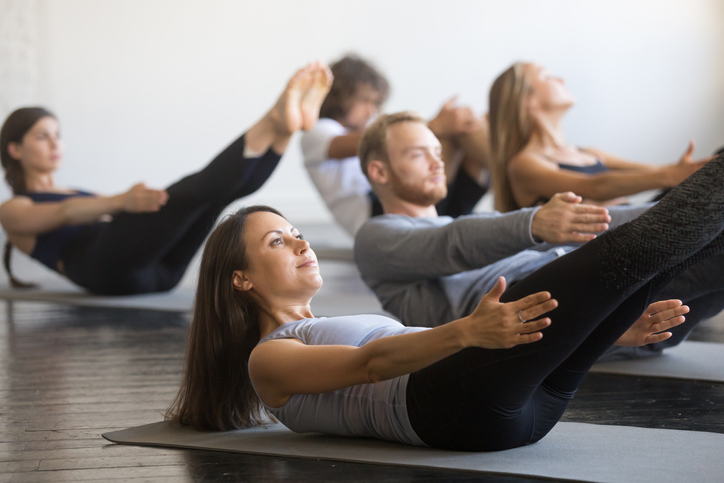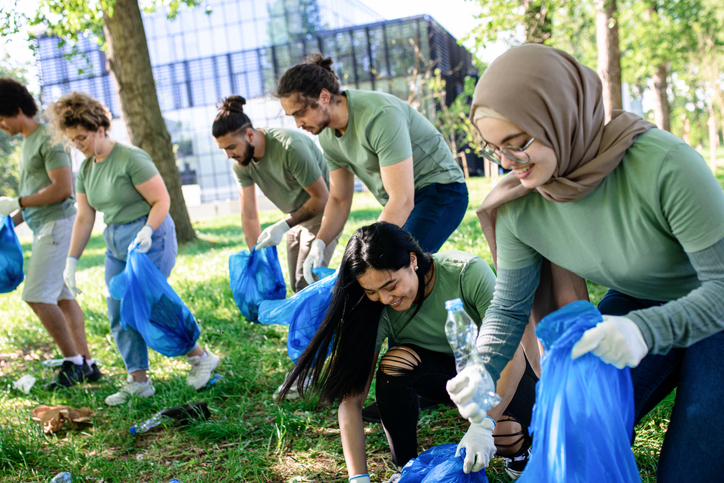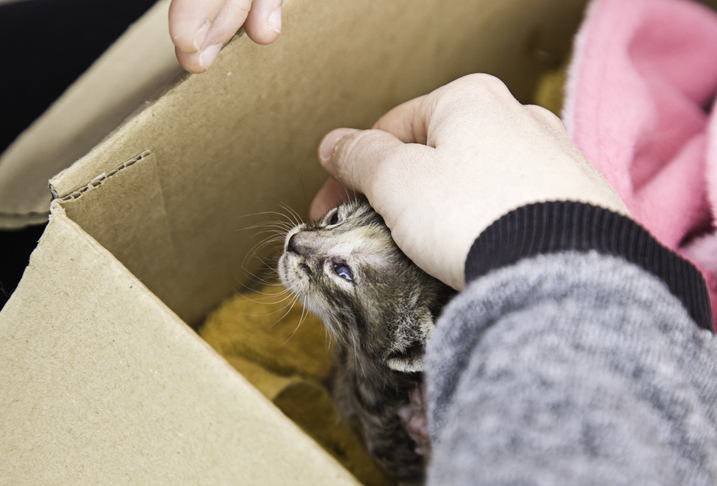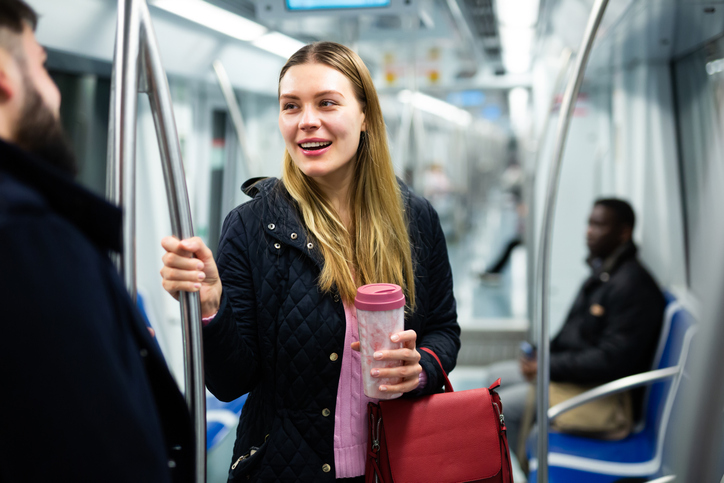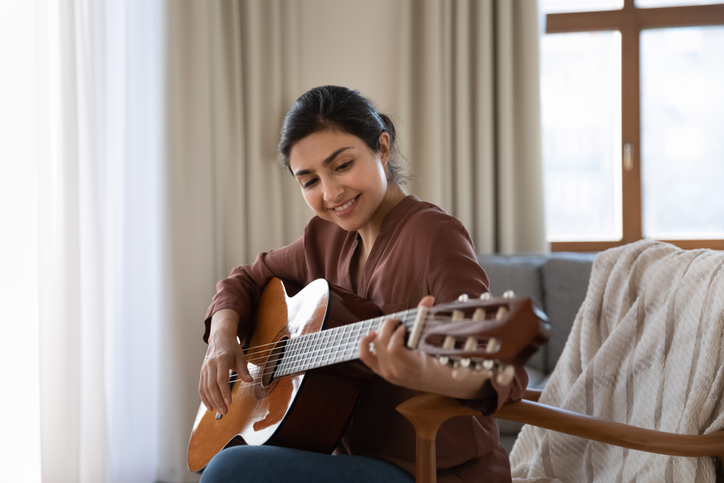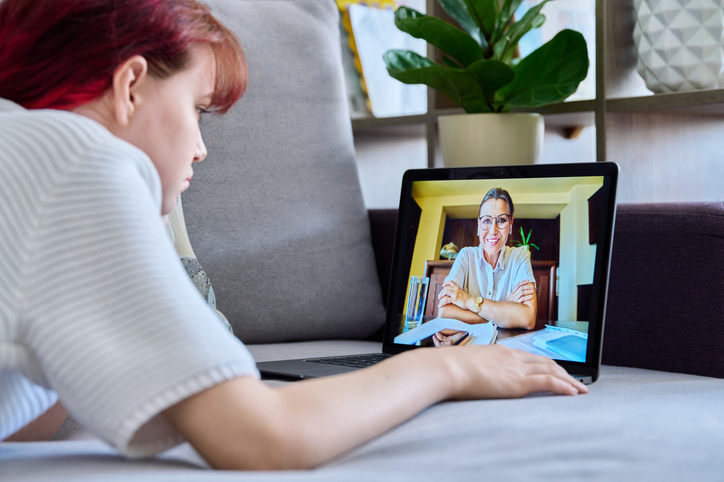A new NEW: Today, I released a Surgeon General's Advisory on the epidemic of loneliness and isolation facing our country, the destructive impacts it has on our collective health, and the extraordinary healing power of our relationships. https://t.co/P9RnZkLr6G #Connect2Heal 1/8 pic.twitter.com/ZhaSuXTjoi
He said that loneliness and social disconnection are more common than we realized. “In recent years, about one in two adults reported experiencing loneliness. It’s also more widespread than many other health issues including smoking, diabetes, and obesity,” said U.S. Surgeon General.
The report released on Tuesday, titled “Our Epidemic of Loneliness and Isolation, “warns that the physical consequences of poor connection can be devastating, including a 29% increased risk of heart disease; a 32% increased risk of stroke; and a 50% increased risk of developing dementia for older adults.”
People are spending less time with each other in person than two decades ago. Murthy said that many young people now use social media as a replacement for in-person relationships, and this often meant lower-quality connections. The advisory reported that this was most pronounced in young people aged 15 to 24 who had 70% less social interaction with their friends.
There are ways to combat the loneliness epidemic in the U.S. In response, the advisory outlines a new national strategy based on six foundational pillars. One of the foundational pillars would be strengthening social infrastructure, which includes things like parks and libraries as well as public programs. Another would be reforming digital environments to “critically evaluate our relationship with technology.”


